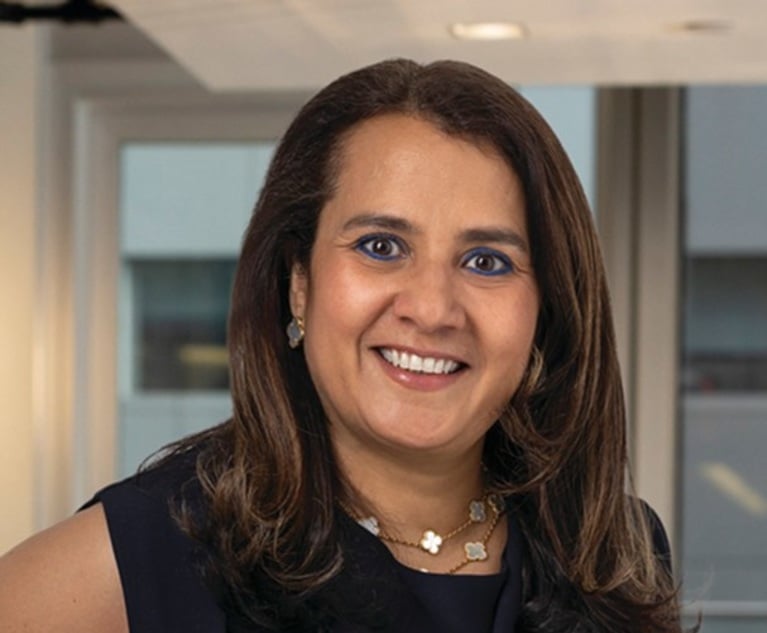Seeking to stem the exits of talented senior associates, New York-based Weil, Gotshal & Manges next year plans to shorten the length of its partner track, allowing associates to obtain a coveted partnership position after seven-and-a-half years.
Weil is cutting back its partner path by two years across all its offices, bucking the trend of a lengthening journey to partnership in Big Law. The firm is betting that the move will prompt more fourth- and fifth-year associates to stay at Weil, rather than jump to a competitor or an in-house career.

 Credit: Still Life Photography/Shutterstock.com
Credit: Still Life Photography/Shutterstock.com








